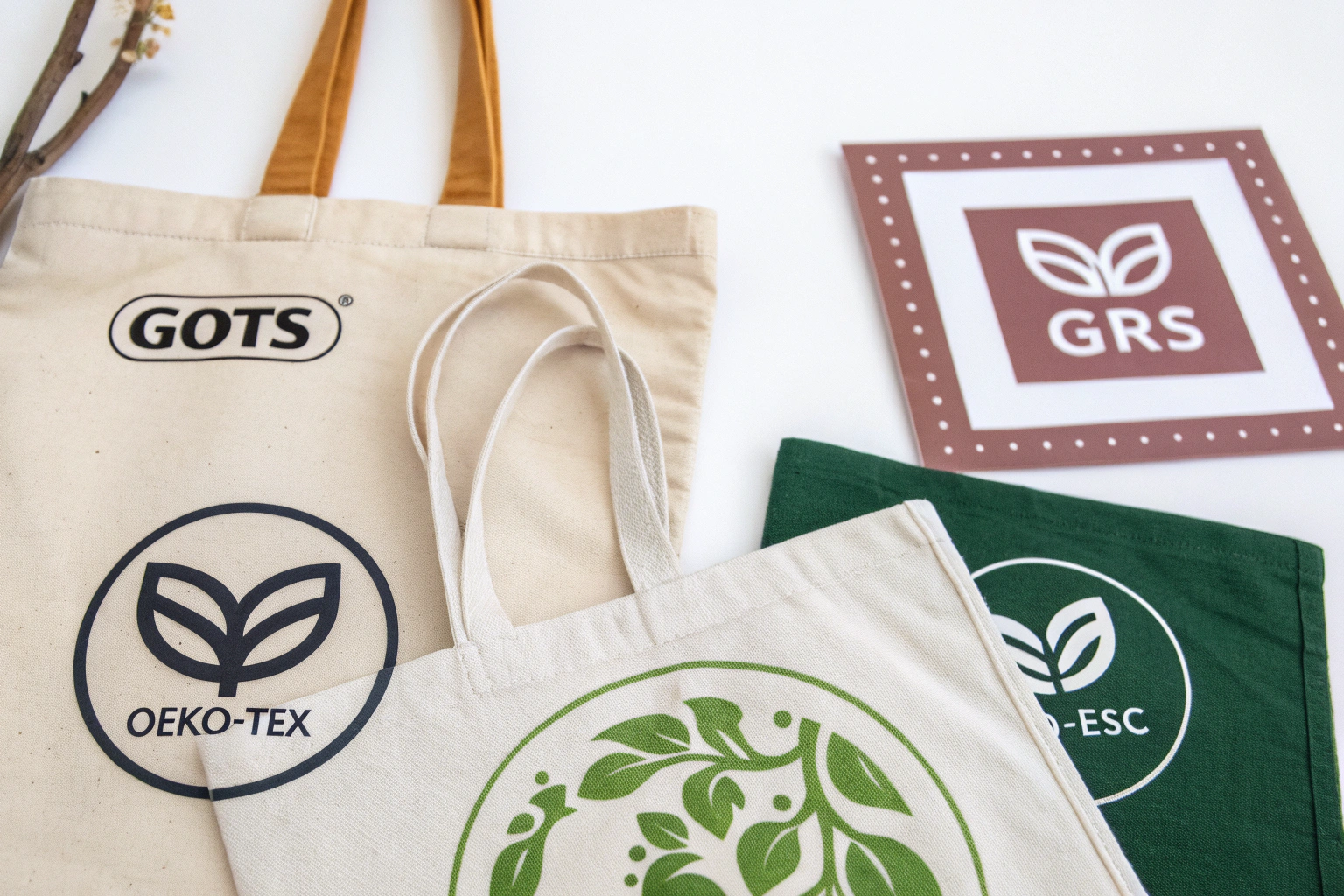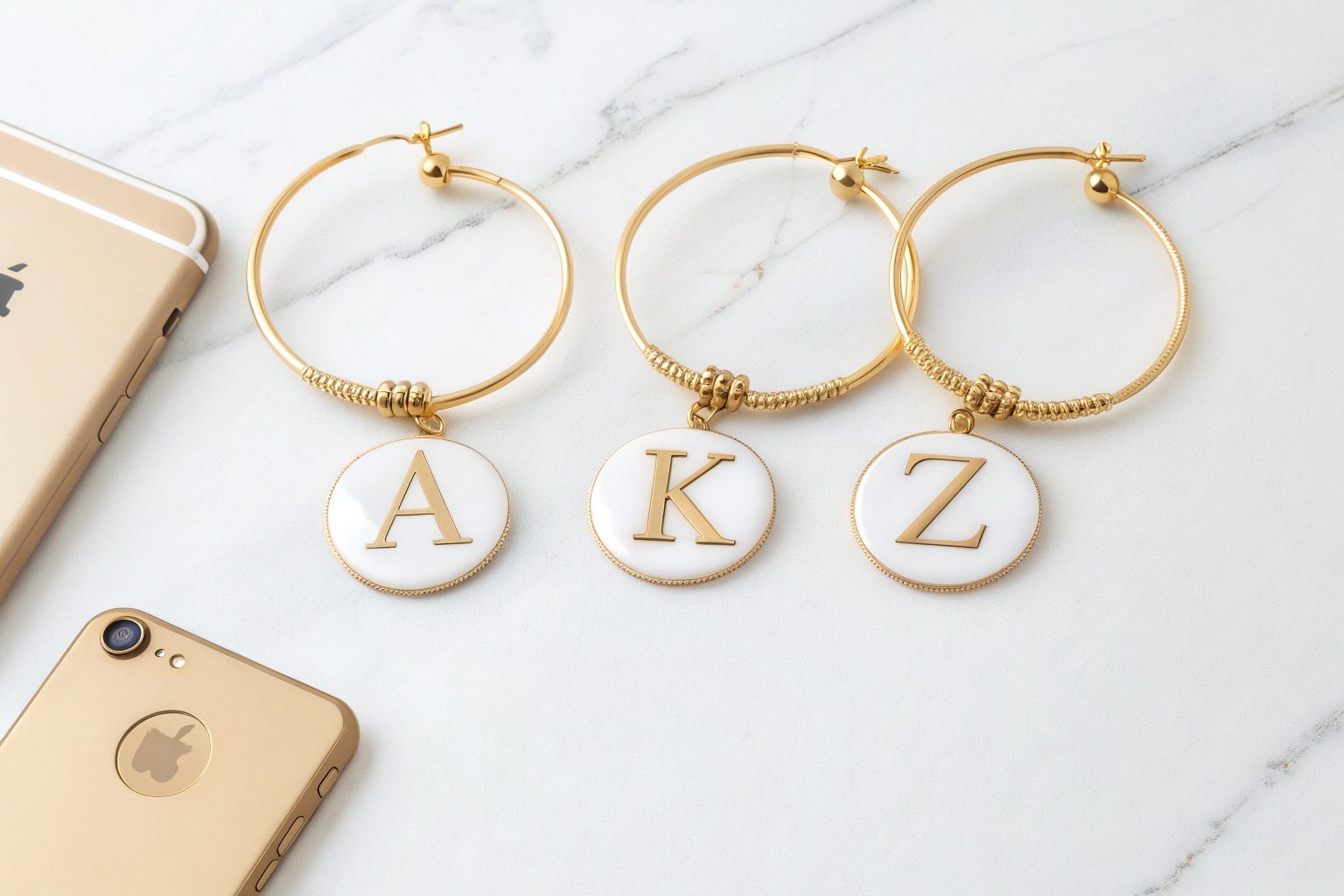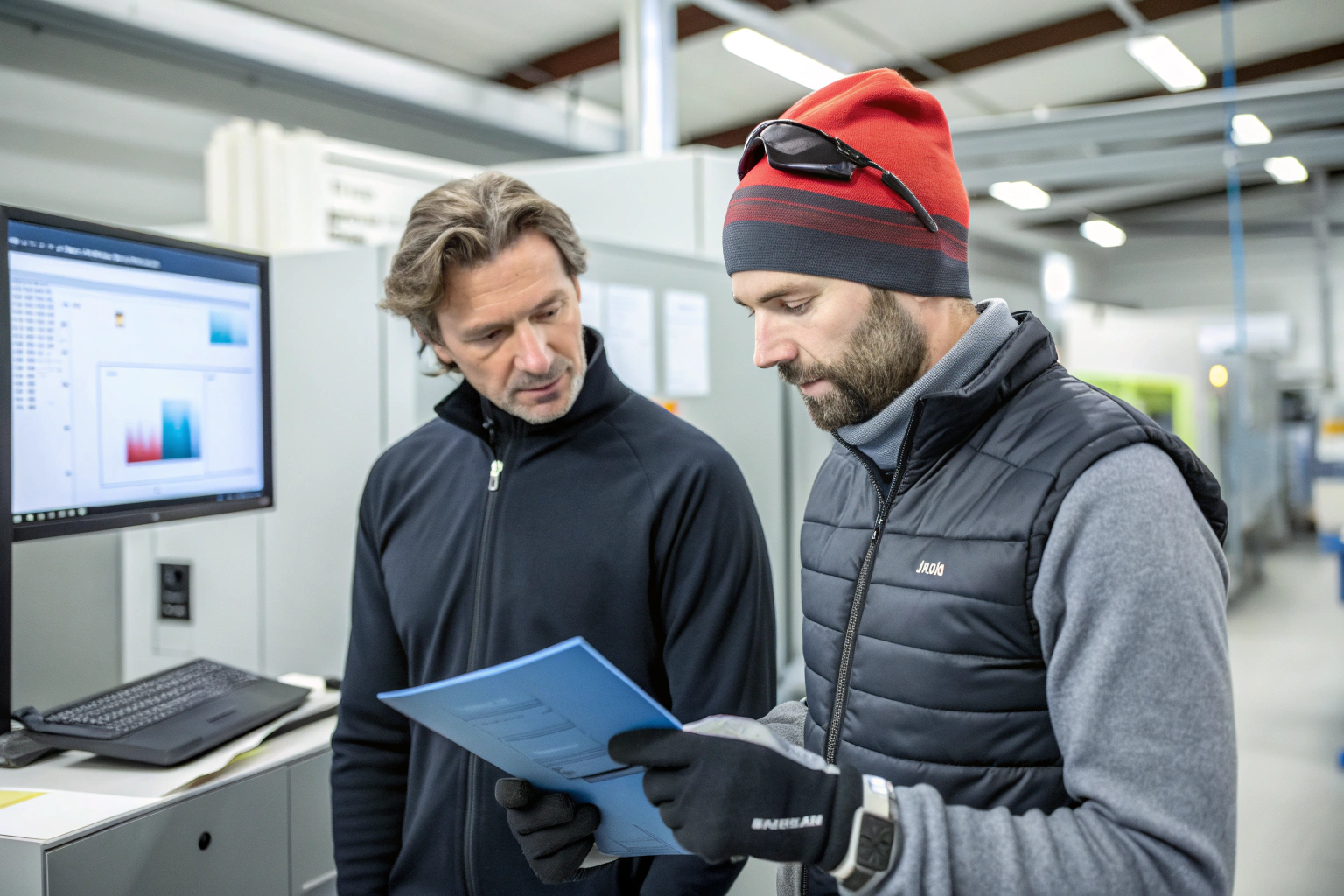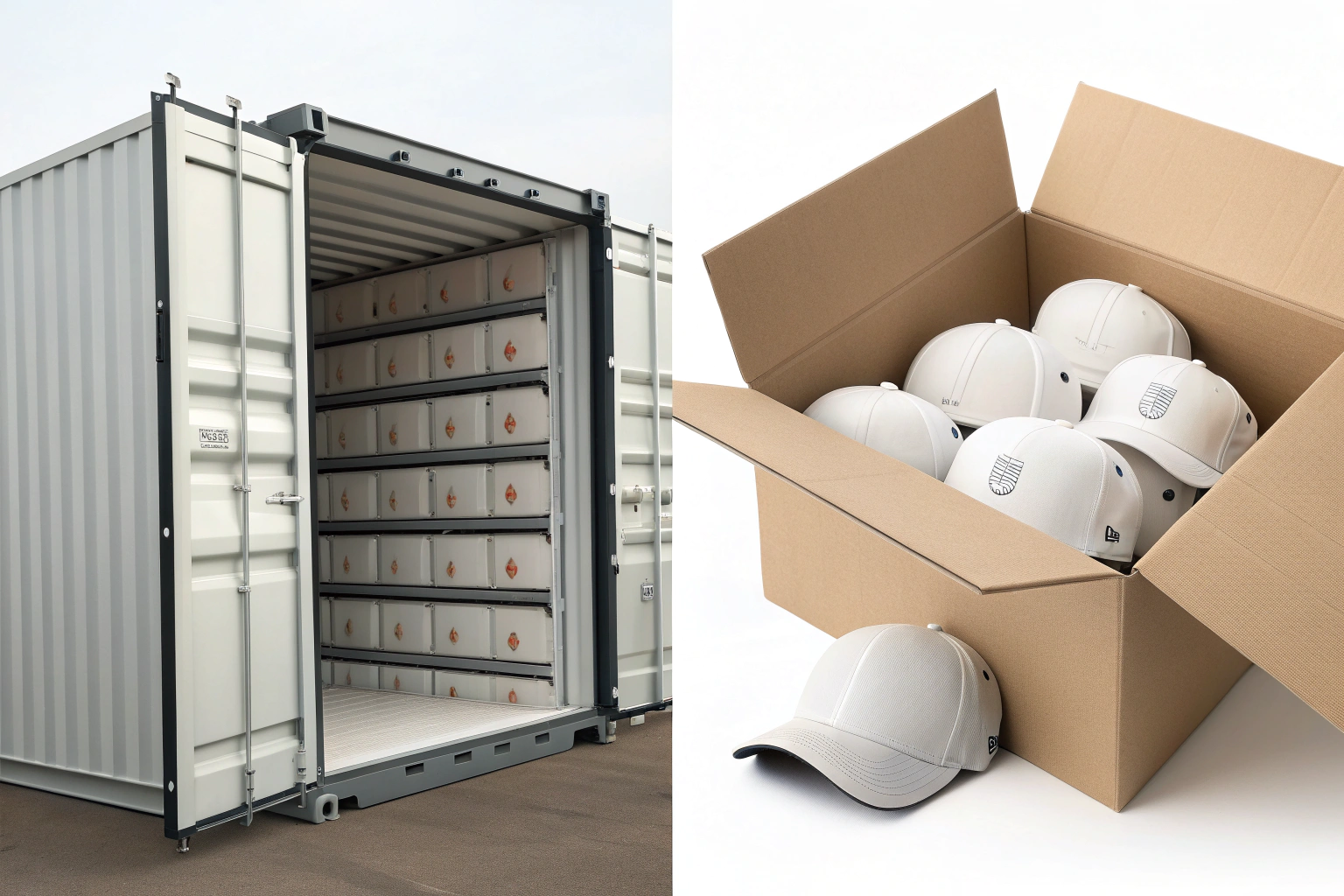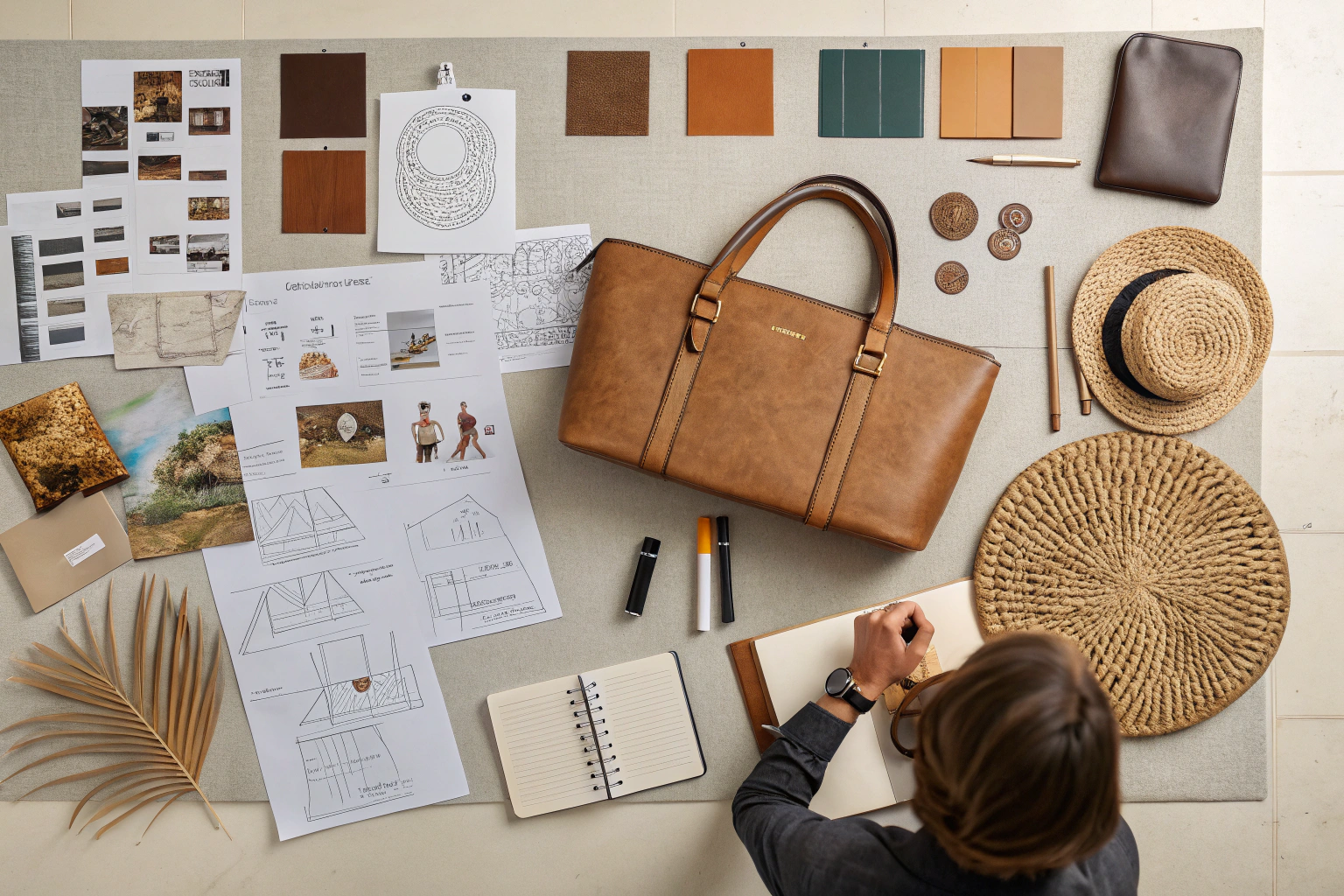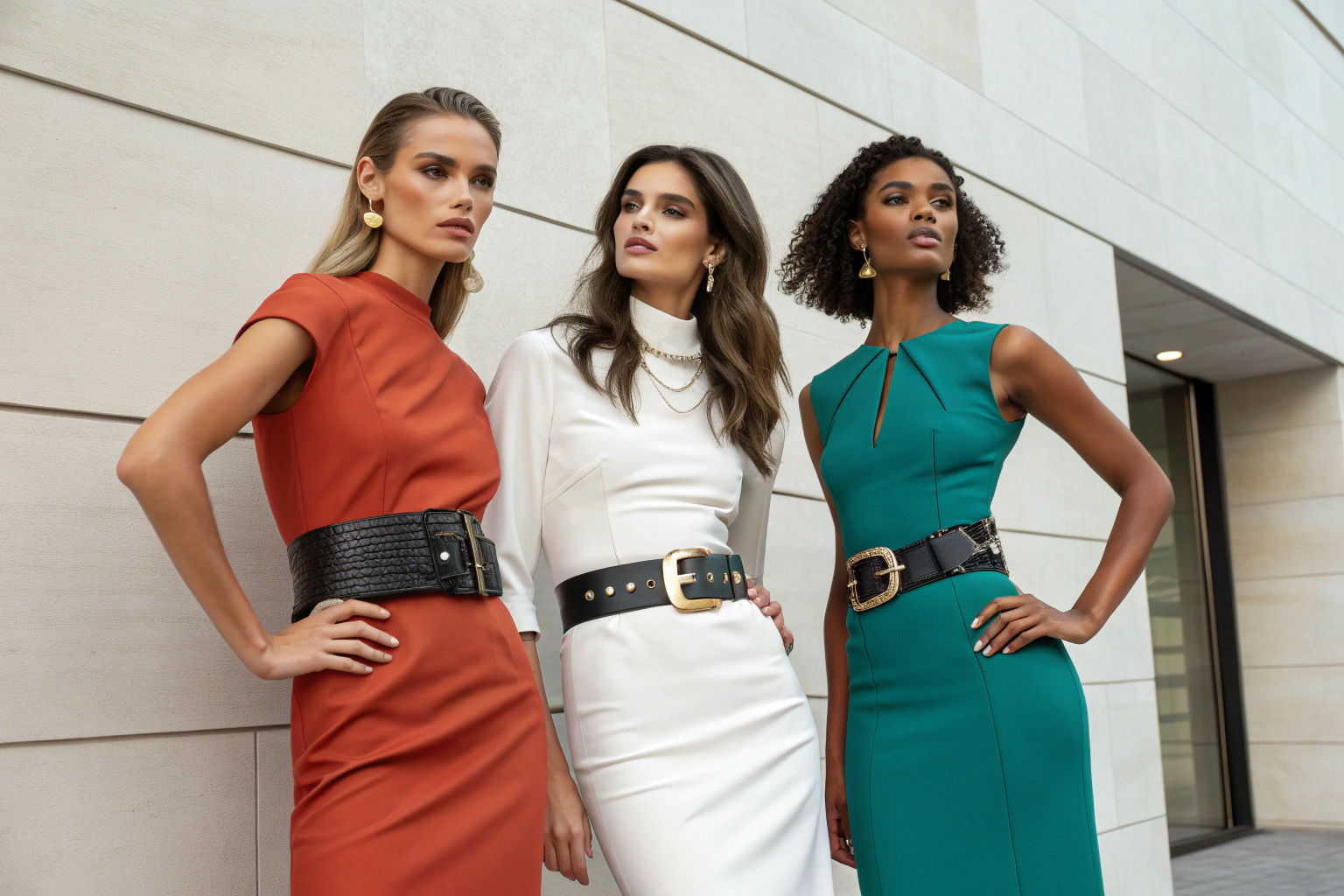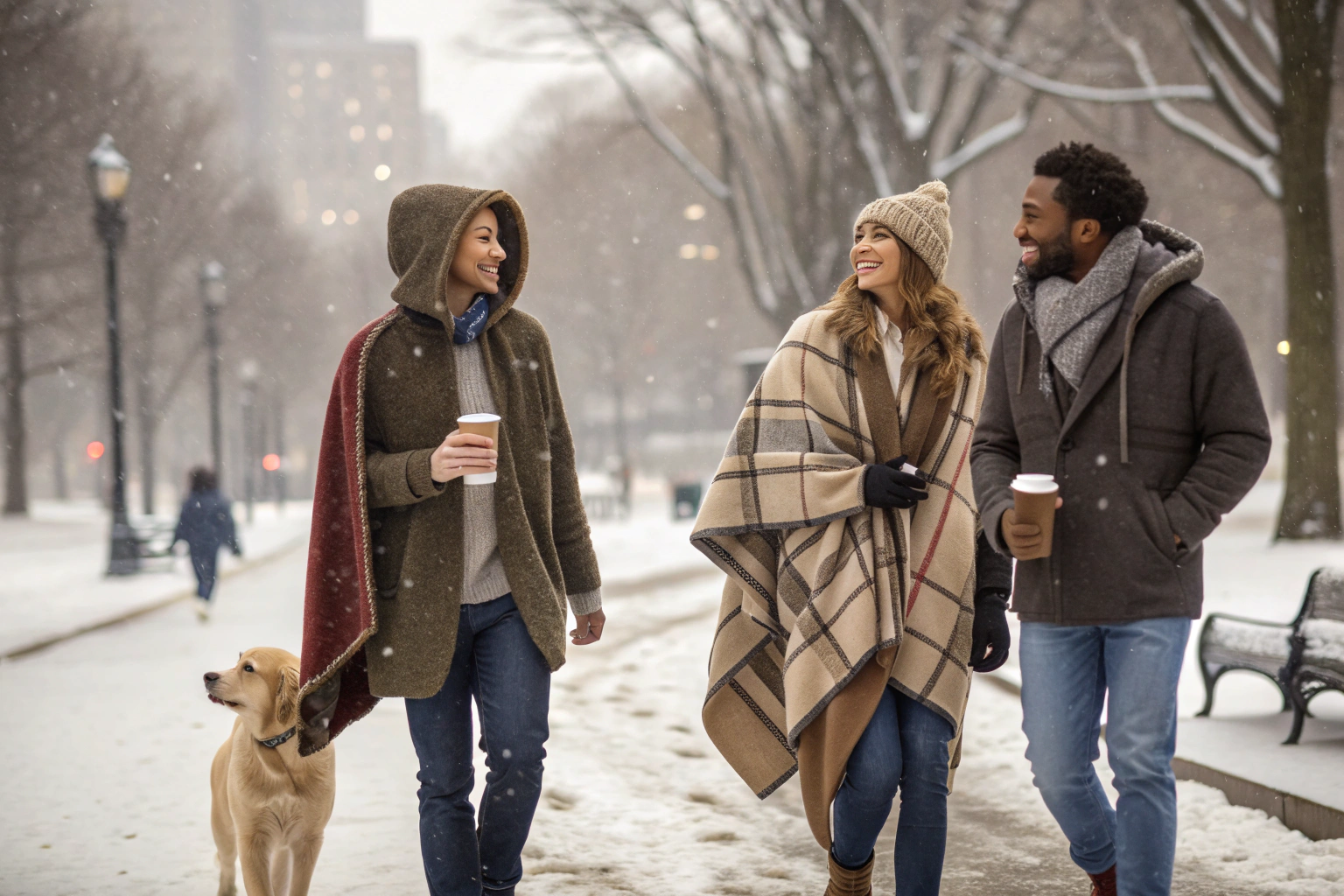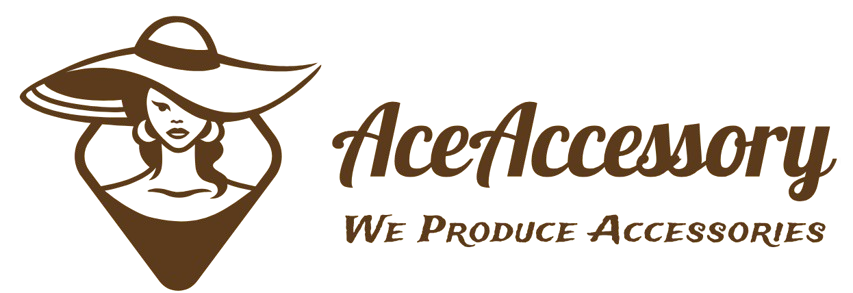As a manufacturer in the fashion accessories industry, I see a clear shift. Our buyers in North America and Europe are now asking not just for style and price, but for proof of sustainability. They want to know the story behind the products. This demand has made eco-certifications a key part of our business discussions. But with so many labels out there, which ones truly matter?
For accessory importers and brands, the most popular and trusted eco-friendly certifications include GOTS for organic textiles, GRS for recycled materials, OEKO-TEX® for product safety, and FSC for paper and wood components. These certifications are crucial because they provide independent, verifiable proof that your products meet high environmental and social standards, which is a powerful selling point for today's conscious consumers.
Understanding these certifications can feel complex. But it is essential for making informed sourcing decisions. Let's break down the key certifications that will add value to your accessory lines and build trust with your customers.
What is the Global Organic Textile Standard (GOTS)?
When you source scarves, knit hats, or any textile-based accessories, the gold standard for organic integrity is GOTS. This certification is something we actively pursue for our natural fiber products because it resonates strongly with our European and American brand partners.
GOTS is the world's leading processing standard for textiles made from organic fibers. It defines high-level environmental criteria along the entire supply chain and requires compliance with social criteria as well. For you, this means that a GOTS-certified hair scrunchie or a pair of gloves guarantees the material is not only organic but also processed in an environmentally and socially responsible manner from harvest to labeling. This comprehensive approach is why major brands seeking genuine sustainability prefer GOTS-certified goods.
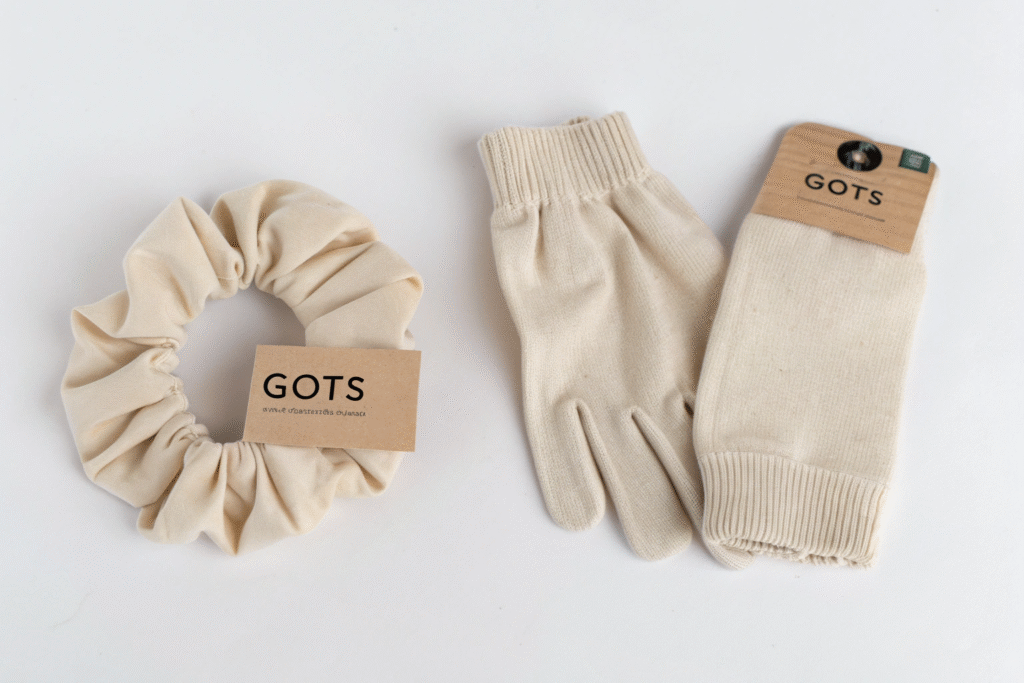
Why should accessory brands look for GOTS certification?
GOTS certification offers a significant marketing advantage. It allows you to confidently use the GOTS logo on your hang tags and packaging, providing a clear, recognizable signal to retailers and end-consumers that your product meets the highest organic standards. This can directly influence purchasing decisions. Furthermore, it de-risks your supply chain. The certification requires traceability from the raw material to the final product, ensuring that the organic cotton in your headbands or belts is authentic and not mixed with conventional fibers. This robust chain of custody protects your brand from accusations of greenwashing.
How does GOTS certification impact production and cost?
Pursuing GOTS certification requires commitment from your manufacturer. All chemical inputs, like dyes and auxiliaries used in production, must meet strict toxicological and environmental criteria. Wastewater from wet-processing units must be treated in a functional treatment plant. This often necessitates factory upgrades. Consequently, GOTS-certified products typically come at a premium cost of 10-20% compared to conventional equivalents, covering the costs of certification, organic raw materials, and compliant processing. However, this investment is often justified by the ability to command higher retail prices and access discerning market segments that value verified sustainability.
Why is the Global Recycled Standard (GRS) important for accessories?
The push for a circular economy is stronger than ever. The Global Recycled Standard (GRS) is pivotal for accessories made with recycled materials, such as bags from recycled PET or belts using recycled metals. It directly addresses the growing consumer demand for products that reduce waste.
The GRS is an international, voluntary standard that sets requirements for third-party certification of recycled content, chain of custody, social and environmental practices, and chemical restrictions. For an importer, a GRS-certified product provides verified proof that the item contains a specific percentage of recycled material. This is crucial for marketing claims, as it moves beyond vague statements like "eco-friendly" to a quantifiable and certified claim that your baseball cap or tote bag is made from, for instance, 80% recycled post-consumer plastic bottles.
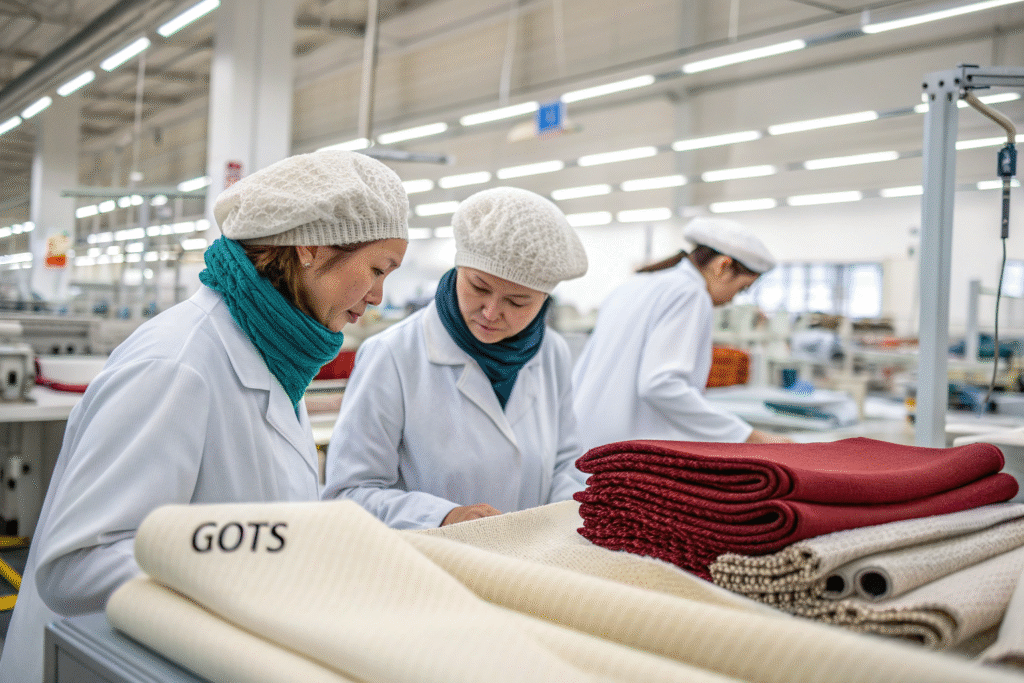
What types of accessories benefit most from GRS?
Accessories that heavily utilize plastics and textiles are prime candidates. We see high demand for GRS in products like bags, backpacks, and pouches made from recycled PET (rPET). Furthermore, hair bands, scrunchies, and even certain types of clothing and hats that incorporate recycled polyester or nylon can be GRS certified. Even metal components, like the buckle on a belt or parts of a hair clip, can contribute to the recycled content if sourced from certified suppliers. This standard is incredibly versatile and applicable across a wide range of our product categories.
How does GRS verification work for importers?
The GRS employs a chain of custody certification model. This means every entity in the production process – from the recycling plant to the yarn spinner, fabric weaver, accessory manufacturer (like us), and finally to the brand – must be GRS certified. As an importer, you should request and keep on file the GRS Transaction Certificate (TC) for your shipment. This document is your legal proof of certification and tracks the flow of recycled material from the certified supplier to you. It is your safeguard, ensuring the integrity of your recycled content claims from our factory in Zhejiang to your warehouse in the U.S.
How does OEKO-TEX® certification ensure product safety?
Product safety is non-negotiable, especially for items that come into direct and prolonged contact with skin. OEKO-TEX® certifications provide a critical layer of trust, assuring you and your customers that the accessories are free from harmful levels of regulated chemicals.
OEKO-TEX® is a globally uniform testing and certification system for raw, semi-finished, and finished textile products. The most well-known certification is STANDARD 100 by OEKO-TEX®, which tests for a list of over 100 harmful substances, many of which are regulated by law. For you, this means that an OEKO-TEX® certified glove, scarf, or hair band has been tested by an independent institute and found to be harmless to human health. This is particularly important for accessories targeting all age groups, including children's items.
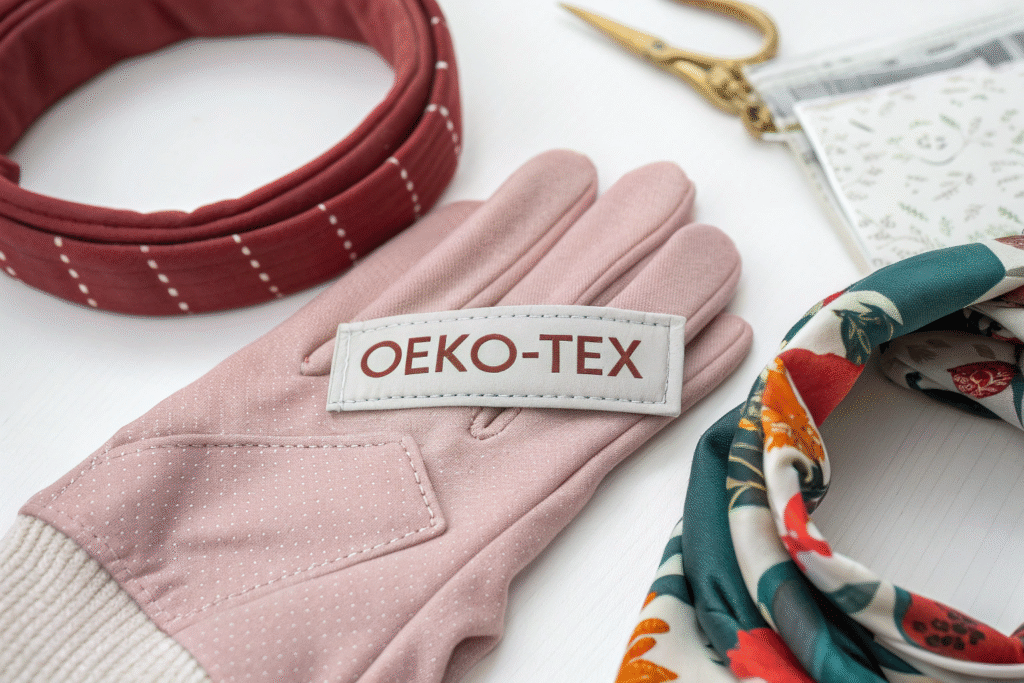
What is the difference between OEKO-TEX® STANDARD 100 and MADE IN GREEN?
While STANDARD 100 focuses solely on product safety, the MADE IN GREEN label takes it a step further. It is a traceable sustainability label for textiles and leather goods. A product with the MADE IN GREEN label means it has been tested for harmful substances (STANDARD 100) AND manufactured in environmentally friendly facilities (STeP certification) under socially responsible working conditions. This label also provides a unique QR code that consumers can scan to see the supply chain details. For brands wanting to tell a comprehensive story of safety and responsibility, MADE IN GREEN is a powerful tool.
Why is OEKO-TEX® critical for avoiding import violations?
Many of the substances tested under OEKO-TEX® STANDARD 100 are regulated by laws in your market, such as REACH in Europe or CPSIA in the United States. Importing non-compliant products can lead to costly recalls, fines, and severe brand damage. By insisting on OEKO-TEX® certification from your supplier, you are adding a proactive layer of quality control and risk management. It demonstrates due diligence and significantly reduces the chance of your shipment of headbands or baby hats being held at customs or pulled from shelves due to failed chemical compliance tests.
What role does FSC certification play for accessory packaging?
Sustainability extends beyond the product itself to its presentation. The Forest Stewardship Council (FSC) certification is the key standard for ensuring that the paper and wood used in your packaging and certain accessory components come from responsibly managed forests.
FSC certification is crucial for the paper tags, boxes, and gift packaging that accompany your accessories. It can also apply to accessory products themselves that contain wood, such as sunglasses frames, certain hair clips, or decorative elements on belts. For an importer, using FSC-certified packaging is a simple yet effective way to demonstrate a commitment to environmental stewardship. It shows your customers that you are mindful of your entire product's lifecycle, from the forest to their home.
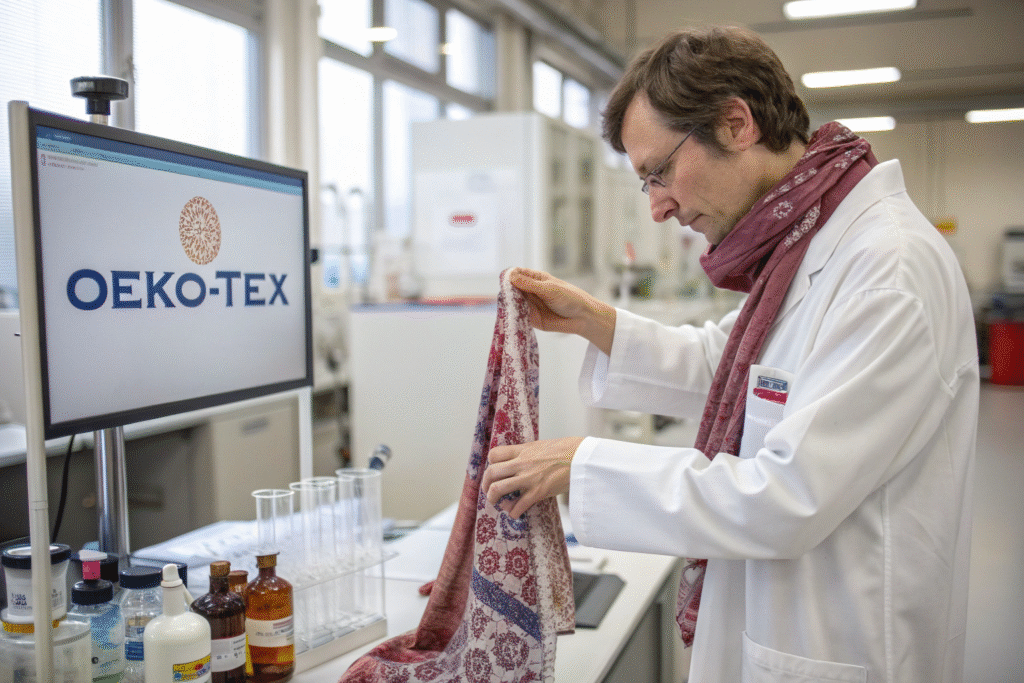
How can FSC certification enhance a brand's image?
In a crowded marketplace, details matter. Using FSC-certified packaging sends a strong, silent message about your brand's values. It aligns your brand with responsible sourcing and forest conservation, which are important issues for a growing segment of consumers. This can be a deciding factor for a customer choosing between two similar products. It transforms your packaging from a mere container into a part of your brand story, enhancing perceived value and supporting your overall marketing narrative around sustainability and corporate responsibility.
Is FSC certification only for high-end brands?
Absolutely not. While luxury brands often lead the way, FSC certification is accessible and beneficial for brands at all price points. The cost difference for FSC-certified paper or cardboard is often minimal, especially when ordered in the large quantities typical for importers. Given the low cost of implementation and the high positive perception, it is one of the most cost-effective sustainability investments a brand can make. Whether you are supplying to major supermarkets or boutique online stores, FSC certification is a simple step that yields tangible brand benefits.
Conclusion
Navigating the world of eco-certifications is no longer a niche activity but a core component of modern accessory sourcing. Certifications like GOTS, GRS, OEKO-TEX®, and FSC provide the independent verification that your market demands. They de-risk your supply chain, empower your marketing, and, most importantly, build lasting trust with your customers. In today's competitive landscape, these labels are not just badges; they are business tools that open doors to new opportunities and more resilient partnerships.
As a professional manufacturer, we at AceAccessory have integrated these standards into our production processes to serve forward-thinking partners like you. We understand that your needs go beyond price and delivery; they encompass quality, safety, and verifiable sustainability. If you are looking to develop or source certified accessory collections with a reliable partner, let's talk.
We are ready to help you navigate these options and produce high-quality, certified accessories for your market. For a reliable partnership, please contact our Business Director Elaine at elaine@fumaoclothing.com.

